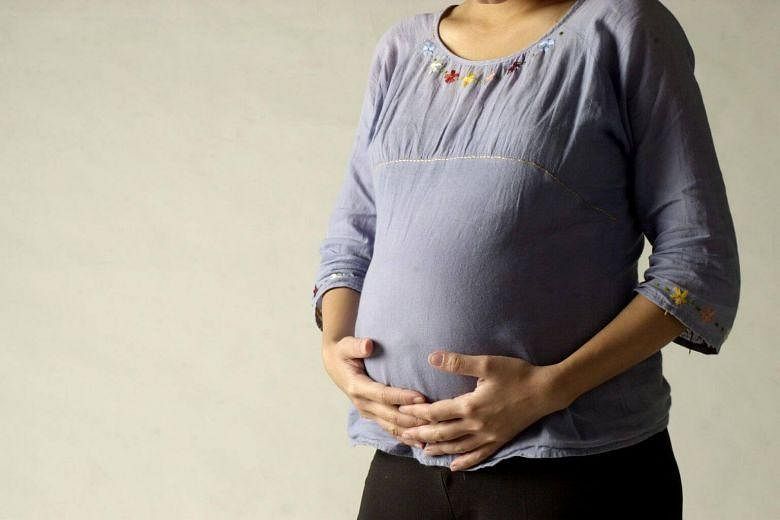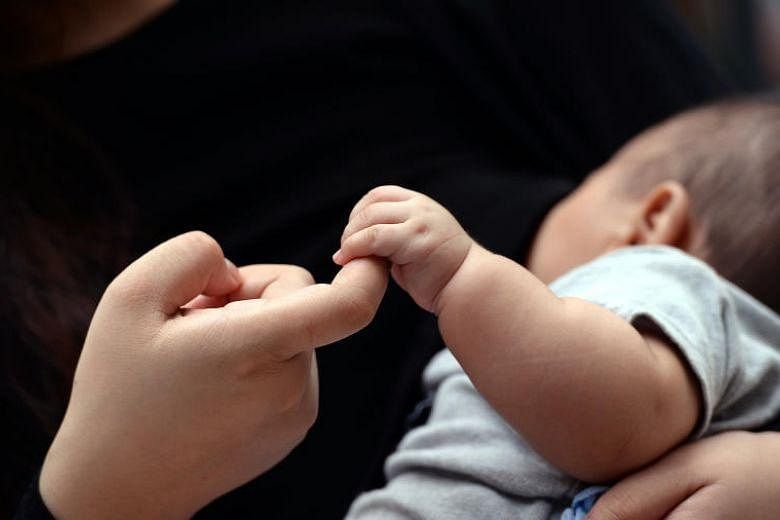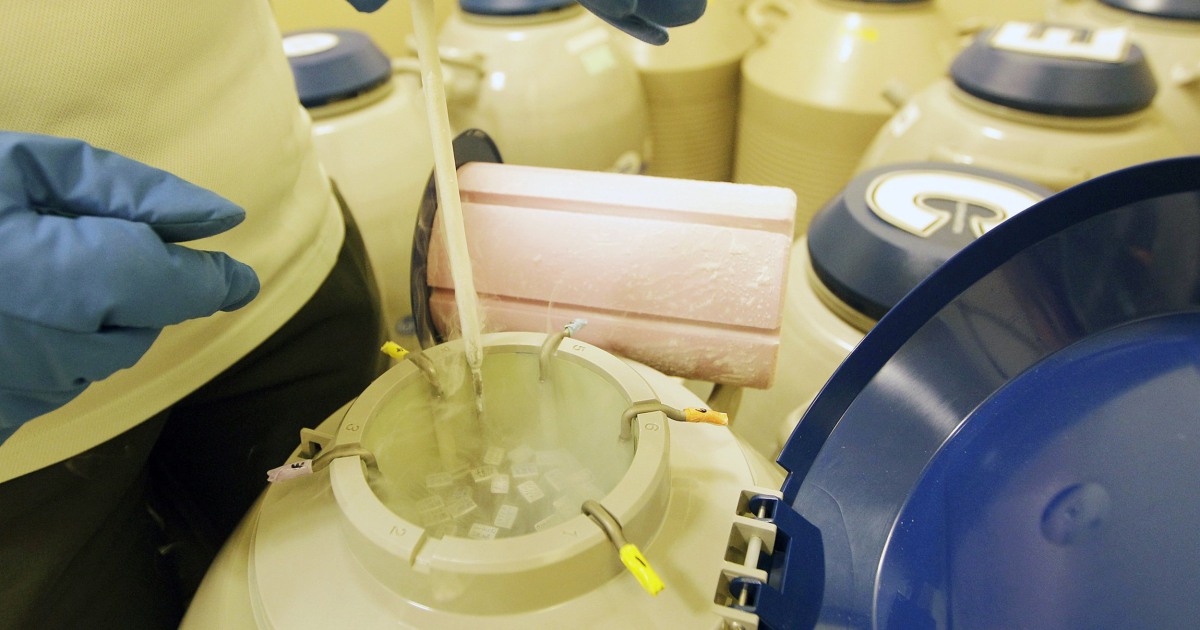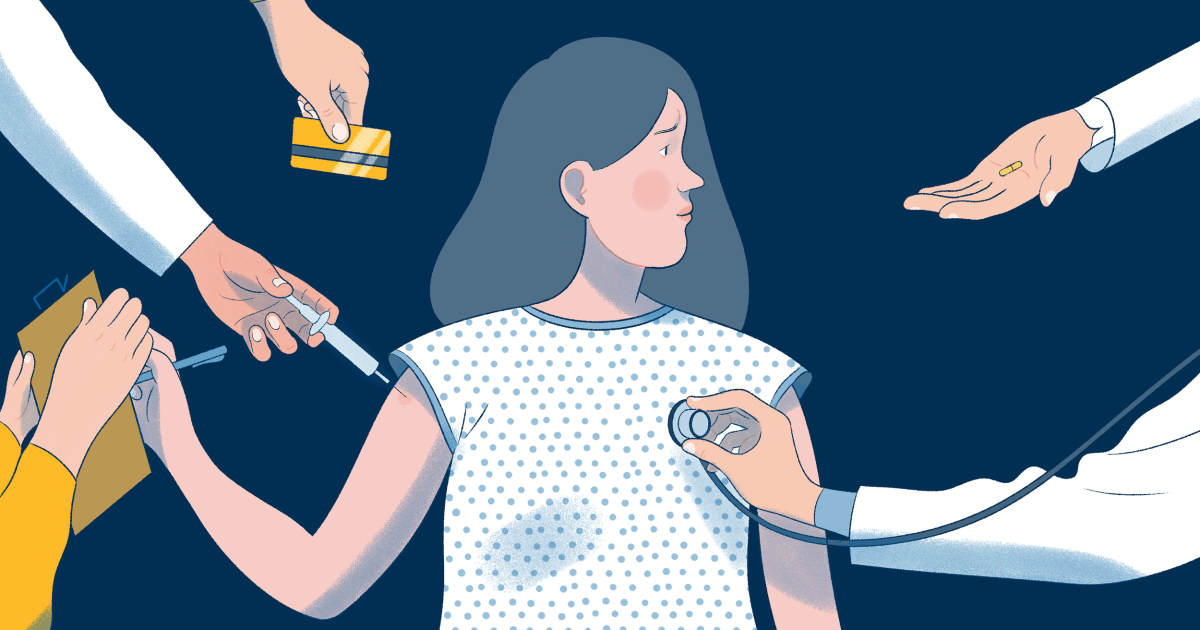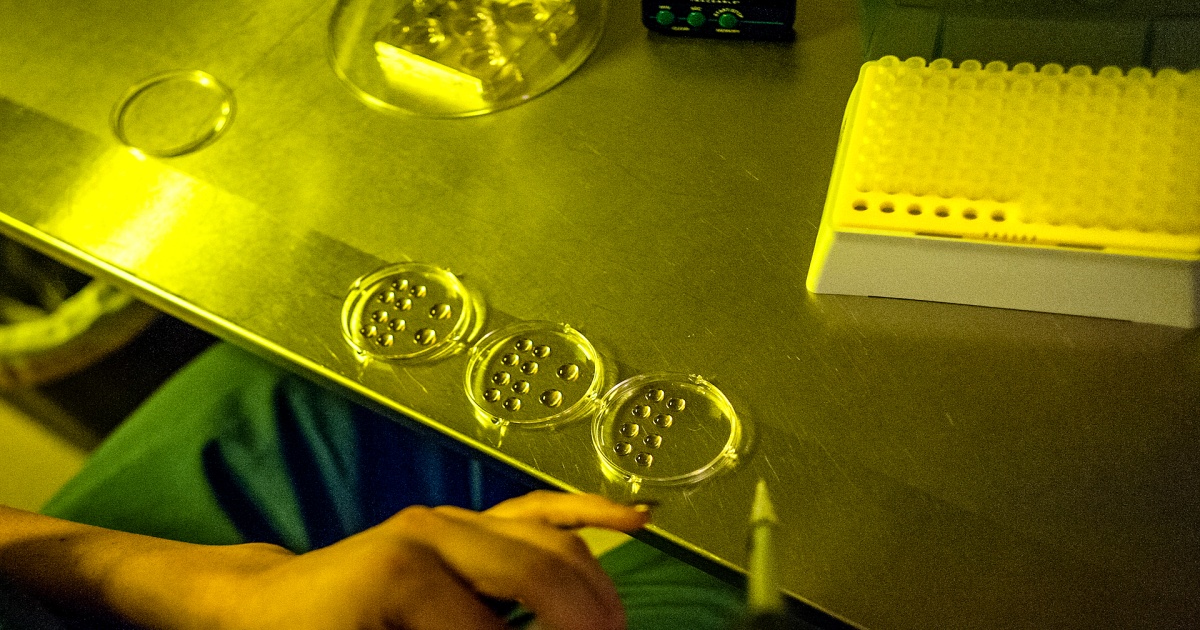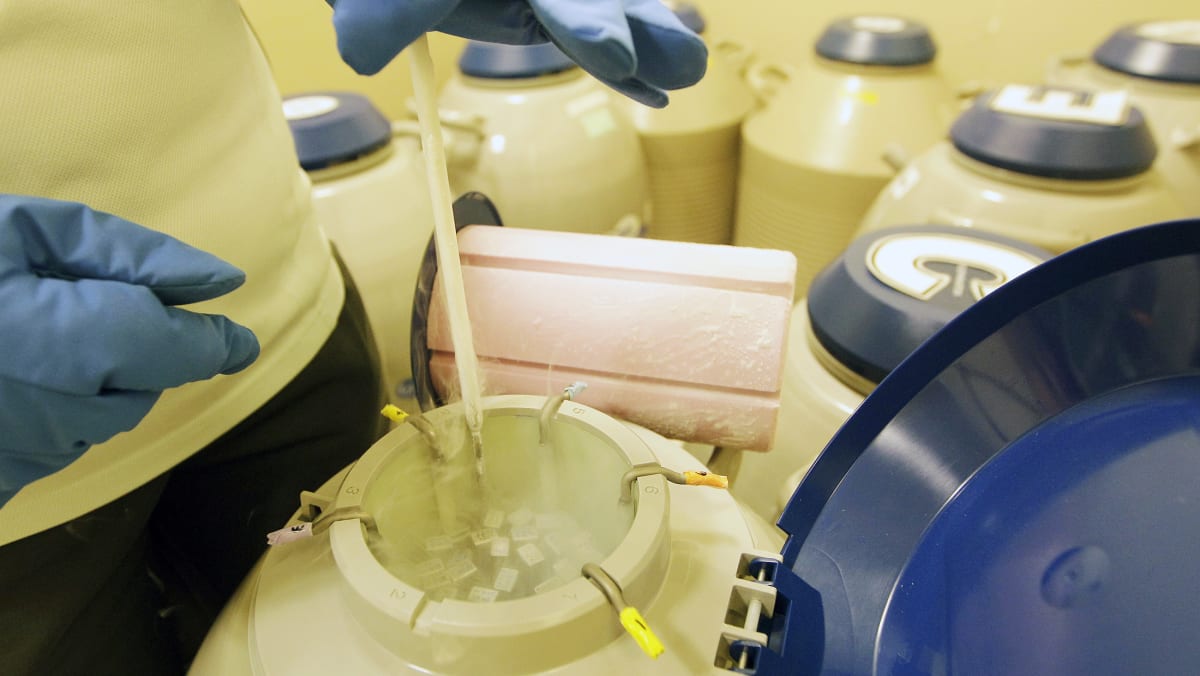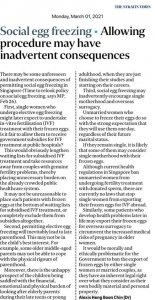Angelica Cheng
Active Member
Hi Ladies, do give your opinion on Social Egg Freezing for non medical reasons, since the Singapore government is considering lifting its ban.
Q & A on the Quora website:

 www.quora.com
www.quora.com

 www.quora.com
www.quora.com

 www.quora.com
www.quora.com
Here is a Forum letter published in the Straits Times:
Permit social egg freezing with age limit
The Straits Times’ social affairs correspondent Theresa Tan described the dire situation of older women having dismal outcomes from fertility treatment due to the lack of viable and healthy eggs (Good to lift IVF age limit, but will women still have eggs?, Oct 11).
This, in turn, has sparked calls for social egg freezing to be permitted in Singapore, in tandem with the lifting of age restrictions on IVF treatment. However, the Ministry of Health (MOH) is reluctant to do so, fearing that the procedure could lead to disappointment for many couples who delay marriage and parenthood only to find out later that they are unable to conceive using this method.
The main challenge with social egg freezing is that most women freeze their eggs when they are too old and the quality of their eggs has substantially declined. The high financial costs of social egg freezing tend to deter many younger women from freezing their eggs until they feel desperate after growing older. Hence, it is common to read in the media that most women freeze their eggs in their late 30s or early 40s.
The solution to this problem is to impose an age limit on social egg freezing so as to ensure a good outcome in future fertility treatments. A suitable cut-off age is 35, since most medical publications have reported a steep decline in female fertility after that.
This may seem a bit harsh from an individual point of view, but looking at the big picture, imposing such an early cut-off age would in fact encourage and push more women to freeze their eggs when they are much younger for their own benefit. This would ensure a much better outcome in future fertility treatment, thereby allaying the MOH’s concerns and reluctance to permit social egg freezing.
Additional incentives for women to freeze their eggs at even younger ages could also be put in place. For example, let women who freeze their eggs before 30 years old be eligible to donate some of their eggs to infertile couples in return for heavily discounted medical fees for egg freezing. Because such subsidies will come directly from infertile couples receiving the donated eggs, there would be no additional costs to the Government. Moreover, such a scheme would also overcome the persistent shortage of donor eggs in Singapore.
Q & A on the Quora website:

Social egg freezing - if you have frozen your eggs overseas as a single woman, can you later import into Singapore after getting married?
Answer: You had previously undergone social egg freezing overseas as a single woman because the procedure is banned in Singapore. But do you know that you can legally import your own frozen eggs for local IVF treatment after you get married? There maybe several reasons why you prefer to receive I...

How do you maximize your chances of future conception and pregnancy with social egg freezing?
Angelica Cheng's answer: Here are things that you can do to maximize your chances of future conception with social egg freezing: (1) First and foremost, freeze your eggs as young as possible, preferably before the age of 35. There is medical evidence that a woman’s fertility drops sharply after ...

Why is social egg freezing (non-medical reasons) for single women banned in Singapore?
1 person wants answers to this question. Be the first to answer.
Here is a Forum letter published in the Straits Times:
Permit social egg freezing with age limit
The Straits Times’ social affairs correspondent Theresa Tan described the dire situation of older women having dismal outcomes from fertility treatment due to the lack of viable and healthy eggs (Good to lift IVF age limit, but will women still have eggs?, Oct 11).
This, in turn, has sparked calls for social egg freezing to be permitted in Singapore, in tandem with the lifting of age restrictions on IVF treatment. However, the Ministry of Health (MOH) is reluctant to do so, fearing that the procedure could lead to disappointment for many couples who delay marriage and parenthood only to find out later that they are unable to conceive using this method.
The main challenge with social egg freezing is that most women freeze their eggs when they are too old and the quality of their eggs has substantially declined. The high financial costs of social egg freezing tend to deter many younger women from freezing their eggs until they feel desperate after growing older. Hence, it is common to read in the media that most women freeze their eggs in their late 30s or early 40s.
The solution to this problem is to impose an age limit on social egg freezing so as to ensure a good outcome in future fertility treatments. A suitable cut-off age is 35, since most medical publications have reported a steep decline in female fertility after that.
This may seem a bit harsh from an individual point of view, but looking at the big picture, imposing such an early cut-off age would in fact encourage and push more women to freeze their eggs when they are much younger for their own benefit. This would ensure a much better outcome in future fertility treatment, thereby allaying the MOH’s concerns and reluctance to permit social egg freezing.
Additional incentives for women to freeze their eggs at even younger ages could also be put in place. For example, let women who freeze their eggs before 30 years old be eligible to donate some of their eggs to infertile couples in return for heavily discounted medical fees for egg freezing. Because such subsidies will come directly from infertile couples receiving the donated eggs, there would be no additional costs to the Government. Moreover, such a scheme would also overcome the persistent shortage of donor eggs in Singapore.
Last edited:


